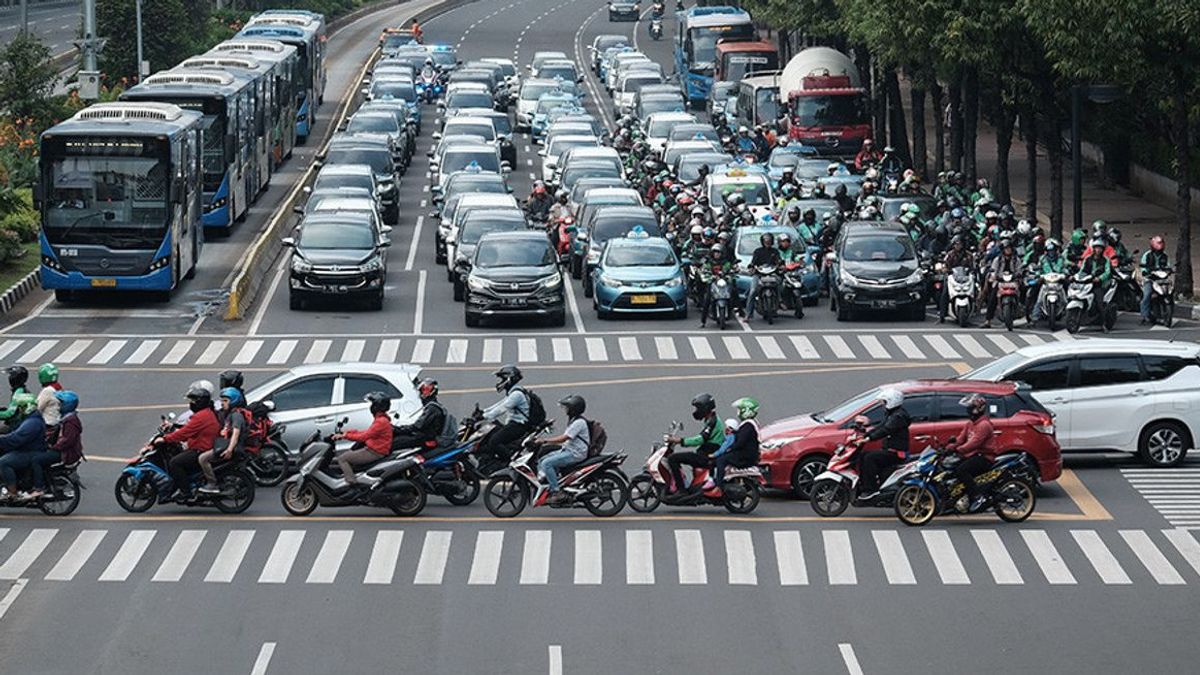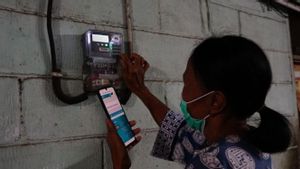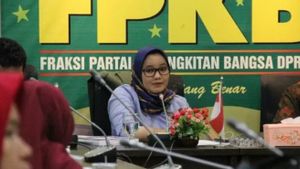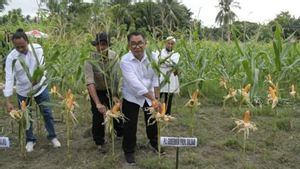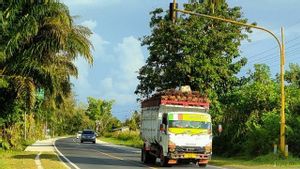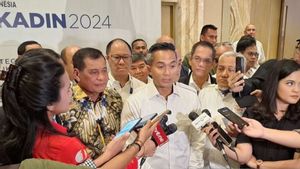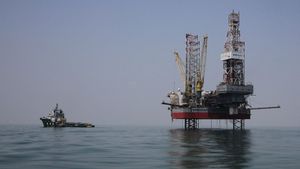JAKARTA - Institute for Development of Economics and Finance (INDEF) economist, Agus Herta Sumarto, advised the government to make a one-map policy based on the identification of regional economic potential. Because, said Agus, this can encourage faster economic recovery.
"For example, now making clusters, what class of MSMEs, it must be in accordance with the advantages of each region, based on the potential in the region. If it can be captured well with a high probability, I think it will be able to accelerate economic recovery and further economic development. good and fast again," Agus said in Jakarta, quoted Thursday, October 6.
Agus said the map from an economic point of view should be able to draw the potential per region, both in terms of natural resources and human resources. Later, not only the economy will move, but also its derivative sectors.
"This map really touches all aspects. It's not just one side, when we talk about the economy and its derivatives and their relation, there are education, manpower, and health, it goes on and on," said Agus.
With the one map policy, Agus continued, the direction of government policy will be clearer. Because so far the development has not had a clear direction.
"Not only sectoral egos, but also regional egos. We don't know for sure the real potential of a region, so we can't make a priority scale for development programs," he explained.
Previously, the Coordinating Minister for Economic Affairs Airlangga Hartarto opened the National Working Meeting for the One Map Policy in Jakarta. Airlangga, who is also the General Chair of the Golkar Party, added that the One Map Policy will encourage economic growth.
"With this One Map Policy, everything becomes clear and bright, transparent. There is no longer any ego centricity from each sector. Of course the impact is definitely development. The One Map Policy is also to solve all land inequality problems," said Coordinating Minister Airlangga.
Environmentally Friendly Energy
Meanwhile, Energy Watch Executive Director Mamit Setiawan revealed that the one map policy is also a breath of fresh air for the energy sector when it comes to implementing the ESG (environmental, social, and governance) scheme.
Mamit said, the energy sector is closely related to mining which is prone to violating the principles of sustainability. "So I think it must be sustainable all this time. Our energy program, our energy roadmap, should be sustainable and of course with due regard to post-mining environmental conditions," he said.
SEE ALSO:
The one map policy, continued Mamit, can also support sustainable energy policies by considering post-mining areas. "So I think sustainability in the energy sector must be truly sustainable by taking into account many considerations," he said.
However, Mamit warned that the energy sector should have a double effect according to the ESG scheme. Do not let energy not provide benefits to the surrounding community or even damage the environment.
"Because after all mining activities are extractive activities. It must be considered what kind of post-mining will be," he said.
The General National Energy Plan (RUEN) and the one map policy are also considered to be the basis for the government to be able to make a comprehensive sustainable energy policy.
"So the government, I feel, that our energy policy should not be partial. It should not also be periodized," he concluded.
The English, Chinese, Japanese, Arabic, and French versions are automatically generated by the AI. So there may still be inaccuracies in translating, please always see Indonesian as our main language. (system supported by DigitalSiber.id)
